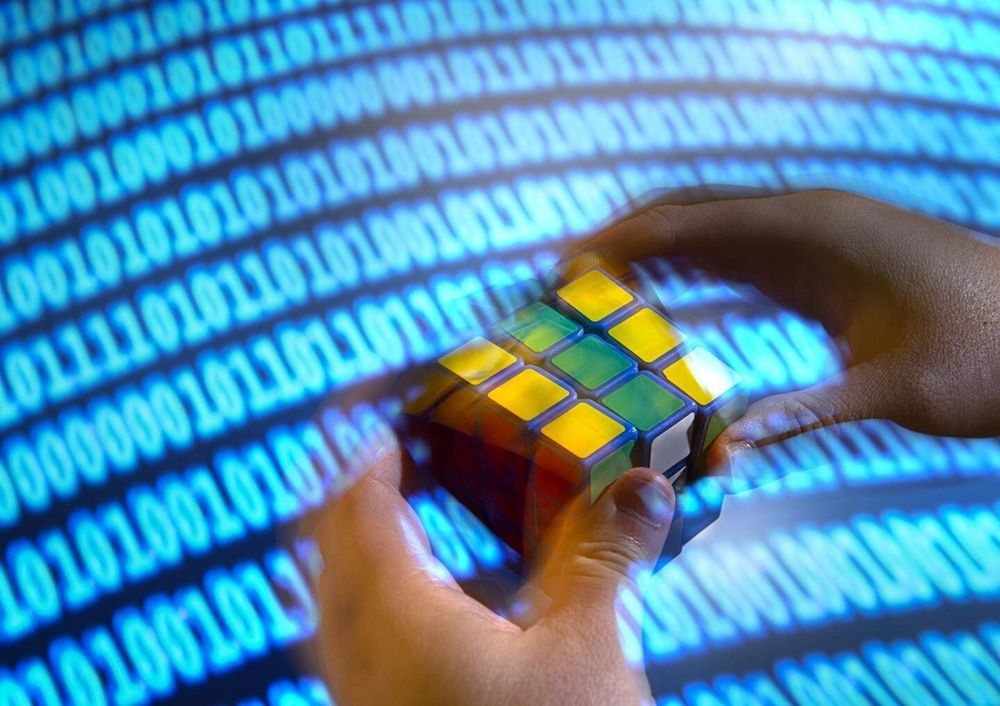Since its invention by a Hungarian architect in 1974, the Rubik’s Cube has furrowed the brows of many who have tried to solve it, but the 3D logic puzzle is no match for an artificial intelligence system created by researchers at the University of California, Irvine.
DeepCubeA, a deep reinforcement learning algorithm programmed by UCI computer scientists and mathematicians, can find the solution in a fraction of a second, without any specific domain knowledge or in-game coaching from humans. This is no simple task considering that the cube has completion paths numbering in the billions but only one goal state—each of six sides displaying a solid color—which apparently can’t be found through random moves.
For a study published today in Nature Machine Intelligence, the researchers demonstrated that DeepCubeA solved 100 percent of all test configurations, finding the shortest path to the goal state about 60 percent of the time. The algorithm also works on other combinatorial games such as the sliding tile puzzle, Lights Out and Sokoban.
